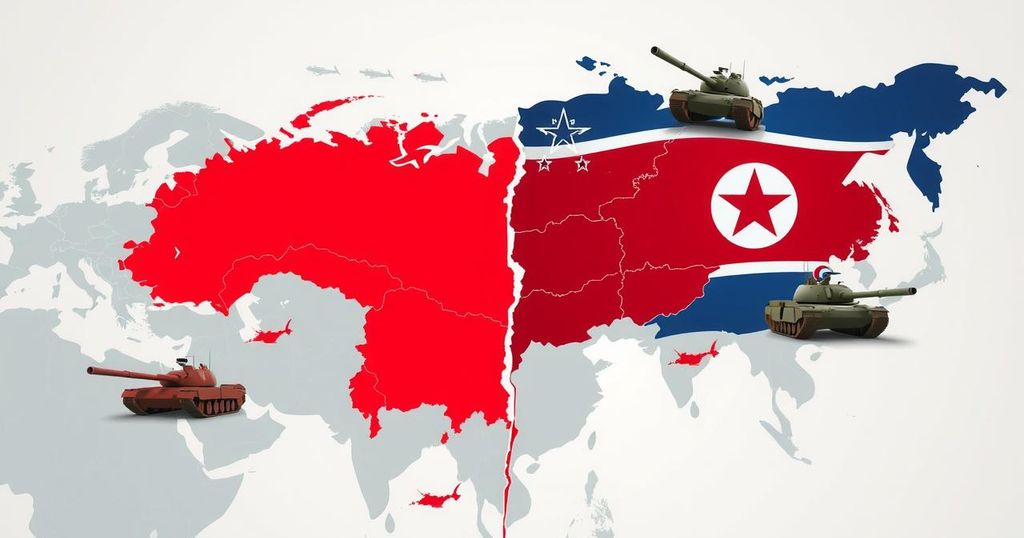Russian Minister’s Chilling North Korea Visit Sends Alarming Warning

- Sergey Lavrov to visit North Korea this week amid growing ties.
- Lavrov’s visit follows Sergei Shoigu’s meeting with Kim Jong Un.
- North Korea is sending troops to support Russia in Ukraine conflict.
Lavrov’s Visit Amidst Russia-Ukraine Conflict
Russian Foreign Minister Sergey Lavrov is making his way to North Korea this week, boosting speculation about the growing partnership between the two nations, especially against the backdrop of Russia’s ongoing conflict with Ukraine. According to North Korea’s state-run Korean Central News Agency, Lavrov’s visit will unfold over three days starting from Friday. What’s particularly curious is whether he will actually meet with North Korean leader Kim Jong Un, a detail that remains as of now, unclear, adding an element of intrigue to the visit.
Previous Meetings Signal Increased Collaboration
This visit comes hot on the heels of another significant Kremlin visit last month, where Sergei Shoigu, a high-ranking Kremlin security official, convened with Kim Jong Un in Pyongyang. At that meeting, Shoigu revealed that Kim had committed to sending 5,000 North Korean construction workers to help with rebuilding efforts in Russia’s Kursk region, a direct result of the ongoing conflict. It’s noteworthy that in April, President Vladimir Putin himself acknowledged the involvement of North Korean troops assisting Russian forces, calling them ‘heroes’, a rare admission considering that both nations had denied such troop deployments previously.
Risks of a New Military Alliance
Reports from South Korea, the US, and Ukraine suggest that between 10,000 and 12,000 North Korean soldiers have been dispatched to assist in the Kursk border area since November. Following a mutual defense agreement signed between Pyongyang and Moscow last June, North Korea justified this deployment by claiming their intent was to ‘annihilate and wipe out the Ukrainian neo-Nazi occupiers’. According to sources, Kim also indicated plans for a monument in Pyongyang to remember North Korean soldiers who have fallen in the conflict, emphasizing the seriousness of this military involvement; South Korea confirmed that about 4,000 North Korean troops have suffered casualties since the war began.
In summary, Lavrov’s pending visit to North Korea underscores a burgeoning alliance extended between Russia and North Korea, highlighted by recent military collaborations. Clarity around meetings between Lavrov and Kim Jong Un remains elusive, which only adds to the tension. This all comes amid serious concerns from other nations over North Korea’s increasing military presence and potential technology agreements with Russia.







